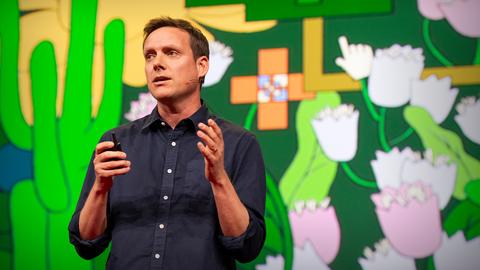
My mum sent me this news story about a traditional Chinese medicine called Aristolochia fangchi which has been banned in the UK since 1999 because it can cause kidney failure and cancer of the urinary system. Nice stuff. (By the way, it seems to be spelt wrong in the Yahoo article. More info from Wikipedia here.) There is also the danger that this herb may be used as a substitute for other herbs. The Aussie government has a fact sheet listing the herbs which are most likely to contain Aristolochia used mistakenly - or accidentally-on-purpose - as a substitute.
It made me wonder whether this ancient herb is still available here in Taiwan. Unlikely, but the very fact that you can get TCM on the National Health Service, it's not inconceivable. Afterall, in Taiwan we effectively have state-sponsored snake-oil (figuratively and quite literally - snake oil is available as a Chinese medicine here) provided to the masses alongside so-called Western medicine. I say "so-called" because what that really means is "evidence-based" medicine.
And while I'm ranting why don't we just do away with coy words like complementary/alternative and conventional medicine, and Chinese and Western medicine, and say instead what skeptical minds are thinking anyway, namely: "medicine that works" and "medicine that doesn't work"? I'm of the view that we should only be taking and paying taxes for medicine that works and not be taking medicine and paying taxes for that which hasn't been proven to work, but hey that's just me talking crazy again. Yes, I know some Chinese medicine works - that's when we should stop calling it Chinese medicine and call it simply medicine. You see my point? OK, back to Aristolochia: wouldn't that be a mind-bender - a known carcinogen prescribed by TCM doctors on the National Health System? I just hope it isn't so.
+blog+wilds+2004-10-19+%E4%B8%8B%E5%8D%88+09-56-29+702x195.jpg)























1 comment:
I couldn't agree with you more. So called, "alternative medicine" is only "alternative" until its efficacy has been demonstrated. When and if that happens, it becomes "medicine".
Post a Comment